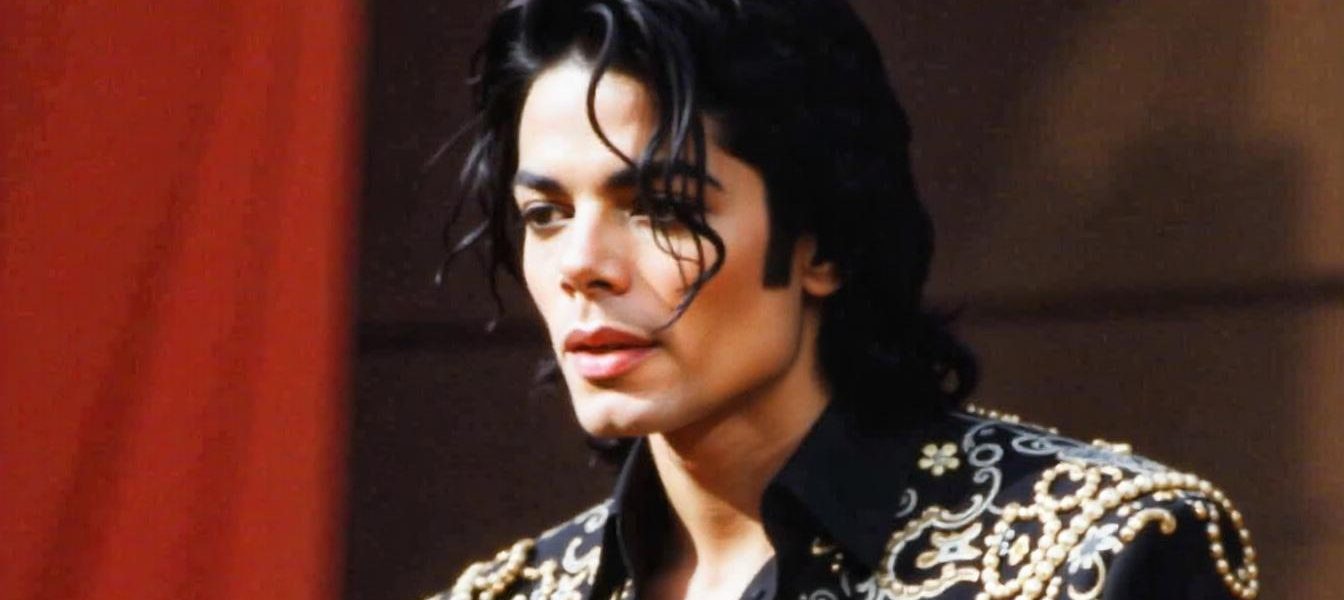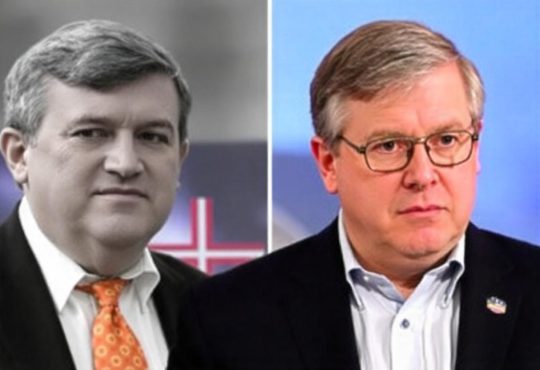
How Did Michael Jackson Die?
Michael Jackson, the King of Pop, passed away unexpectedly on June 25, 2009, at the age of 50. His death shocked the world, leaving fans and the music industry in disbelief. Initially, it was reported that Jackson had suffered a cardiac arrest at his Los Angeles home. However, further investigations revealed that his death was caused by acute propofol intoxication, a powerful anesthetic administered by his personal physician, Dr. Conrad Murray. Jackson had been using the drug to help with insomnia, and the misuse of it ultimately led to his tragic and untimely demise.
- Michael Jackson’s Death: The True Story and Causes
Michael Jackson, often hailed as the “King of Pop,” passed away unexpectedly on June 25, 2009, leaving the world in shock. His death, which occurred at his home in Los Angeles, was initially reported as a sudden cardiac arrest. Jackson was only 50 years old at the time, and the news of his passing devastated his global fanbase. At first, many assumed that Jackson’s death was the result of natural causes due to his demanding schedule and intense preparation for his upcoming “This Is It” tour. However, as investigations unfolded, the true cause of his death became a subject of intense scrutiny and public interest.
The Los Angeles County Coroner later revealed that Jackson had died from acute propofol intoxication. Propofol, a powerful anesthetic, is generally used in hospitals for surgical procedures, and its use outside of medical facilities is considered dangerous. In Jackson’s case, his personal physician, Dr. Conrad Murray, administered the drug to help him sleep. Jackson had been suffering from severe insomnia, and propofol became part of his regular sleep routine, a highly unusual and unsafe practice. The lack of proper monitoring and excessive dosage ultimately caused Jackson to stop breathing, leading to cardiac arrest.
Jackson’s death raised significant questions about the role of prescription drugs in celebrity health care, particularly regarding the responsibilities of medical professionals. Dr. Murray was later convicted of involuntary manslaughter for his role in Jackson’s death, as the use of propofol in a home setting was both unethical and illegal. The tragedy highlighted the dangerous consequences of drug dependency and medical malpractice, especially for high-profile individuals.
- Why Did Michael Jackson Die? Uncovering the Mystery Behind His Death
The mystery surrounding Michael Jackson’s death deepened after initial reports. While early news pointed to a heart attack, further investigations unveiled a more complicated truth. Jackson had been battling insomnia for years, which was compounded by the pressures of his career and upcoming tour. To manage his sleeplessness, Jackson turned to various medications. Among them was propofol, a drug that should only be used under controlled medical conditions. Jackson’s reliance on this drug ultimately became the key factor in his untimely death.
Propofol is not a sleep aid—it is a powerful anesthetic used in hospitals to induce unconsciousness during surgery. Its effects are so strong that it requires constant medical supervision, including the use of equipment to monitor a patient’s heart rate and breathing. Unfortunately, in Jackson’s case, none of these precautions were taken. Dr. Conrad Murray, Jackson’s personal physician, was tasked with helping the pop star sleep and administered propofol regularly. On the day of Jackson’s death, Murray left him unattended for several minutes. This proved to be fatal, as Jackson’s body couldn’t handle the drug, and he went into cardiac arrest.
The legal and medical aspects of Jackson’s death became a major focus in the years following his passing. Many questioned why a drug as potent as propofol was used in a non-medical setting, and how Jackson had been allowed to become dependent on such a dangerous substance. Dr. Murray’s negligence was brought to light in court, and he was ultimately convicted of involuntary manslaughter. The case revealed how the pressures of fame and the lack of proper medical care can contribute to tragic outcomes. Jackson’s death serves as a cautionary tale about the risks associated with prescription drug misuse and the critical importance of responsible medical care.
- Michael Jackson’s Sudden Death: Was It a Heart Attack or Something Else?
In the hours immediately following Michael Jackson’s death, media outlets reported that the cause was a sudden heart attack. However, as more details emerged, it became clear that the situation was far more complex. While it is true that Jackson’s heart stopped, it was not due to natural causes. His cardiac arrest was triggered by the sedative propofol, which was administered to him in dangerous quantities. The official autopsy later confirmed that Jackson had died of acute propofol intoxication, compounded by the presence of other sedatives in his system.
Propofol works by slowing down brain activity, which induces sleep or, in some cases, complete unconsciousness. In Jackson’s case, the drug suppressed his respiratory system, leading to oxygen deprivation and ultimately causing his heart to stop. This was not a standard heart attack brought on by blocked arteries or poor cardiovascular health. Instead, it was a medically induced condition due to the improper use of sedatives.
The revelation that Jackson had been using such a potent drug to sleep was shocking to many. His insomnia had reportedly been worsening in the months leading up to his death, with the pressures of his “This Is It” tour exacerbating his condition. Desperate for rest, Jackson relied on propofol, which should have only been used in a hospital setting with proper monitoring equipment. Unfortunately, the lack of oversight and Dr. Murray’s mismanagement of his care led to the singer’s death. The case raised awareness about the risks of sedative use and the dangers of unregulated prescription practices, particularly among high-profile patients.
- The Day Michael Jackson Died: What Really Happened?
The day Michael Jackson died began like any other, with the pop icon preparing for rehearsals for his highly anticipated “This Is It” tour. On the morning of June 25, 2009, Jackson was at his rented mansion in the Holmby Hills neighborhood of Los Angeles. His personal physician, Dr. Conrad Murray, was with him, administering the usual medications to help Jackson sleep. However, things took a tragic turn around noon when Dr. Murray found Jackson unresponsive in his bed.
Emergency services were called immediately, and paramedics arrived at Jackson’s residence within minutes. They attempted to resuscitate him, but their efforts were in vain. Jackson was rushed to the UCLA Medical Center, where doctors continued trying to revive him. Sadly, at 2:26 PM, Michael Jackson was officially pronounced dead. The world was stunned, and fans across the globe mourned the loss of the pop legend.
In the hours and days following Jackson’s death, questions began to arise. What had really happened in the hours leading up to his death? How could someone who had been so full of life suddenly be gone? As the investigation unfolded, it became clear that Jackson’s death was not a simple case of cardiac arrest. Dr. Conrad Murray later admitted to administering propofol to Jackson earlier that day. He claimed that he had been using the drug to treat Jackson’s insomnia for several months. However, the situation on June 25 spiraled out of control when Murray left Jackson unattended for several minutes, allowing the drug to take a fatal toll on his body.
- Michael Jackson’s Life and Death: Exploring the Causes Behind His Untimely Demise
Michael Jackson’s life was one of extraordinary success but also personal turmoil. Despite his status as one of the most successful and influential entertainers in history, Jackson faced numerous challenges, particularly when it came to his health. Over the years, he had multiple medical issues, including chronic pain, anxiety, and, most notably, insomnia. The stress of performing, coupled with the pressures of maintaining his image, took a significant toll on his mental and physical well-being.
In the final years of his life, Jackson’s insomnia worsened to the point where he could barely sleep. This led him to seek out powerful sedatives like propofol, a drug that should never be used outside of a hospital. His dependency on these medications became a deadly cycle, as he struggled to balance his personal health with his desire to continue performing. The “This Is It” tour was meant to be his comeback, but the pressure of preparing for such a massive undertaking only worsened his condition.
Dr. Conrad Murray was tasked with managing Jackson’s health during this period, but his care was far from adequate. Instead of addressing the root causes of Jackson’s insomnia, Murray resorted to using dangerous drugs like propofol. His lack of proper medical oversight and failure to monitor Jackson’s condition on the day of his death directly contributed to the pop star’s untimely demise. Jackson’s death serves as a tragic reminder of the importance of proper medical care, especially for those in the public eye who may be under immense pressure. It also highlights the dangers of prescription drug misuse and the long-term effects of relying on medication to cope with personal and professional struggles.



